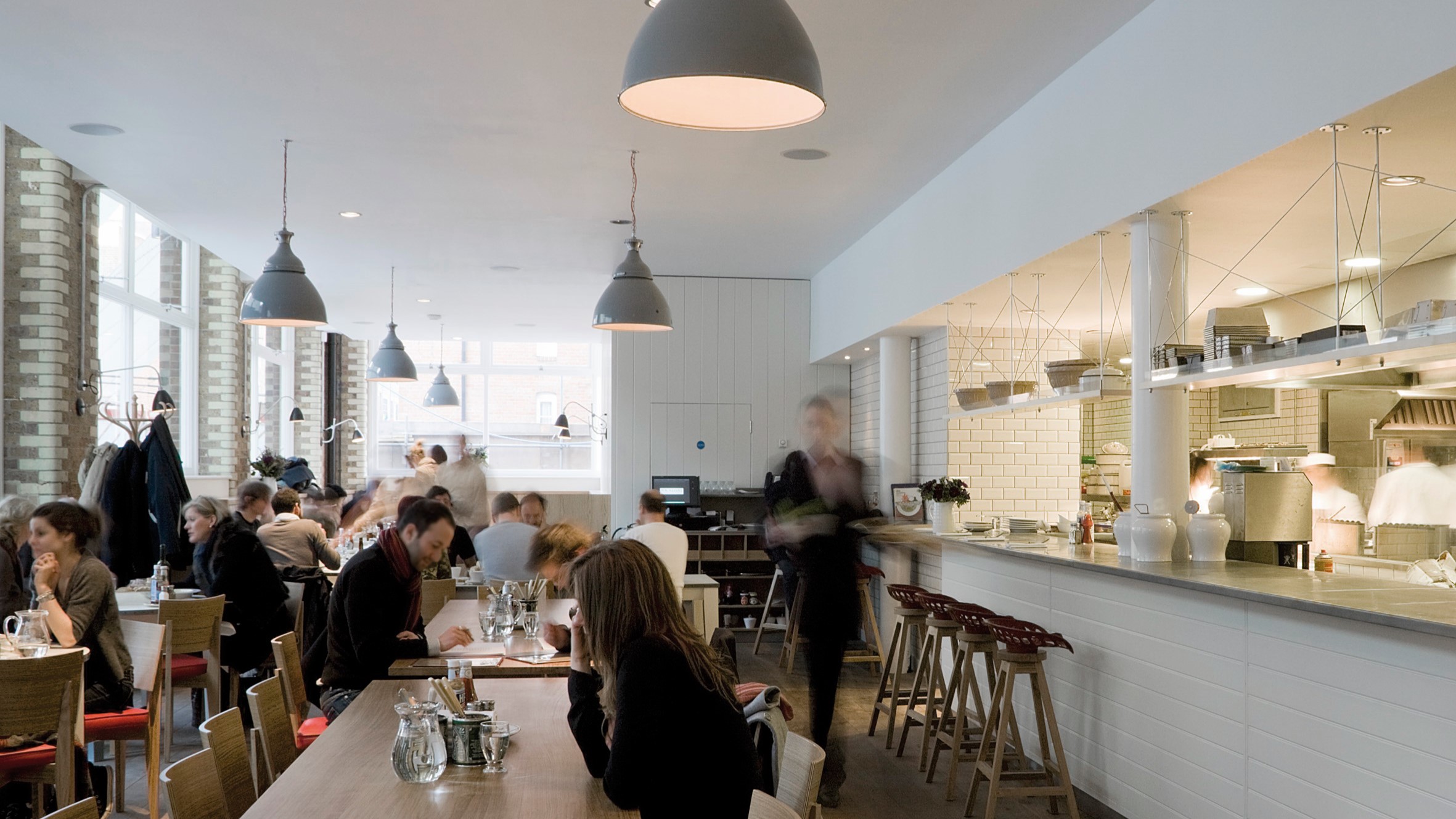Recognising that we can only achieve our ambitious 2030 sustainability targets by working with others, we’re asking supplier partners across our portfolio to share their thoughts and experiences. Here, May Al-Karooni, Founder & CEO of Globechain, reflects on how donating materials from British Land projects to community organisations is creating greater social and environmental value than conventional recycling.
Globechain is the largest ESG reuse marketplace worldwide – connecting enterprises with non-profits, small businesses and people to redistribute unneeded items.
We started working with British Land back in 2020 at Exchange House, Broadgate. Since then, we’ve collaborated on more than a dozen projects, spanning British Land’s central London campuses, head office and other developments.
Greater social and environmental value
Together, we’ve donated 77,150 quality items worth more than £800,000 to schools, non-profits, small businesses and local people, including carpets, lighting, flooring, kitchen units, doors, blinds, appliances and telecoms equipment.
This has benefited around 50,000 people by improving the spaces and facilities they use, including a community school and library in south-east London, an arts centre in north London and an east London charity that supports survivors of abuse. It’s also delivered 470 tonnes of carbon savings.
For me, the social side is particularly exciting, creating a tangible impact on people’s lives. Donating units, doors and other materials to The Margate School has allowed this non-profit art school and creative community hub to improve their facilities and redirect funds into educational resources, benefiting artists and local residents.
Changing the industry
British Land has been a pioneer in ESG reuse. They’re helping change the industry – educating suppliers and setting a standard where recycling is secondary to reuse. On our first project together, they got all their suppliers to join a training session to understand why reuse was important. They also include reuse solutions like Globechain in their tenders and share case studies.
Contractors know that, to work with British Land, they need to achieve high environmental, social and governance (ESG) standards, including prioritising reuse. They then take lessons learnt onto other projects. The World Business Council for Sustainable Development chose our partnership as an exemplar case study.
It all began at Broadgate
Not only was our first project with British Land at Broadgate, this was where the idea for Globechain was born. When the bank I worked for moved to the campus, they had unneeded furniture. I wondered why it wasn’t easier for businesses to donate materials to people who needed them. Around the same time, Airbnb and Uber were taking off in the UK, connecting individuals who had rooms and cars to people who needed them. Why was no one digitalising waste? So I set up a side project, putting in £800 to see if anyone would take preloved furniture. The answer is “Yes”!
A world of possibilities
When we won British Land’s Supplier of the Year Award, I asked people to imagine that they could reuse and redistribute everything in the room within 24 hours. This is the thinking behind Globechain – opening a world of possibilities.
I’m now seeing more reuse happening across the sector. British Land continues to push the limits, including being more adventurous in what they’re offering for reuse. They recently donated 50 steel beams, supporting their KPIs to cut carbon and helping a small business to create storage facilities.
I hope British Land continues pushing boundaries on everything from understanding materials to growing social impact; and that our amazing relationship continues. Reuse is the simplest and best option.
We welcome conversations with customers who are keen to achieve sustainability goals. Together, we can accelerate progress.


